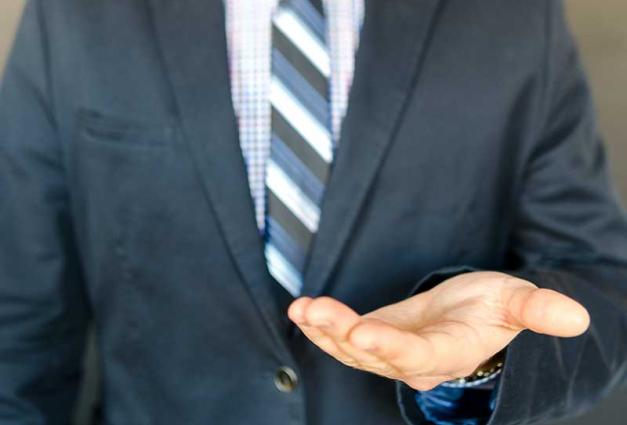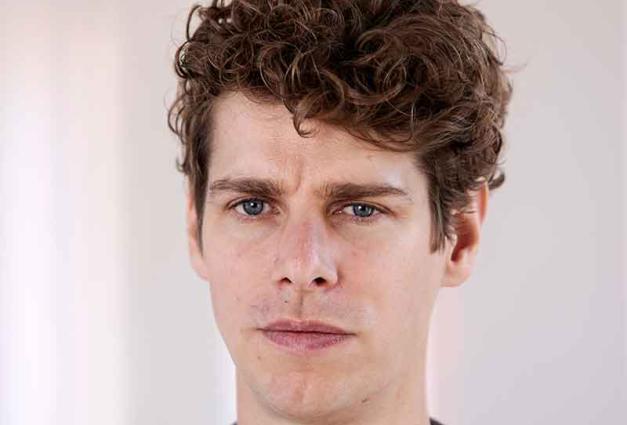Jeff Bezos did very well in 2020. For the third consecutive year, Amazon’s CEO was named Forbes Magazine’s richest person in the world. This was due, in no small part, to a surge in demand for the retail giant’s online services related to the COVID-19 pandemic. Between mid-March and mid-April, when tens of millions of Americans were facing the perils of economic uncertainty, it is estimated that the multibillionaire’s wealth rose by more than $27 billion to a staggering $144 billion.
Yet, Jeff Bezos also did a lot of good in 2020. Although his charitable giving doesn’t come close to the likes of notable philanthropists as Bill Gates, Warren Buffet, and George Soros, Bezos pledged $100 million to Feeding America—a non-profit organization supporting foodbanks nationwide—and an additional $25 million to All in WA—a COVID-19 relief effort in Washington State.
Surely, doing well and doing good seem to go hand-in-hand for society’s richest members. But how do people make sense of such great amounts of wealth? How do people decide whether wealthy people such as Bezos deserve to be rich?
In a recent research project, Juliana Black and I investigated these questions. We examined whether the way wealthy individuals spend their fortunes affects how people think they made all that money. Specifically, do people believe that economic success is more likely to have been hard-won when the rich donate to charity, but less so when they spend their money lavishly?
In several studies, we gave research participants short articles about a wealthy person who either donated millions to charity or frivolously spent their money on keeping their pet coddled and pampered. Then, we asked participants to consider how this person made their fortune in the first place.
Participants were never told anything about the origins of the millionaire’s wealth. For all they knew, the millionaire could have found his or her fortune buried under a tree on a treasure island. Yet, despite not having any information about how this person amassed their wealth, participants’ assumptions about how they made all that money were affected by how they currently spend it. When the person donated millions to charity, participants were more prone to believe that they had worked hard for their fortune—that they accumulated it through successful business ventures, worked their way up the corporate ladder, and so forth.
But, when participants thought that the person spent their wealth living a lavish lifestyle, they had much different beliefs about how they had accumulated it. These participants were less likely to think that the person had worked for their wealth, believing instead that they had inherited it, married into it, won it through games of chance, or gotten it in some other relatively easy way.
How people believe that “the rich” made their fortunes also affects who they think deserves to be rich. In another study, participants read about two well-known tech billionaires: Jeff Bezos and Mark Zuckerberg. Some participants read about Bezos’ charitable work and about Zuckerberg’s luxurious purchases (such as his 357-acre estate in Kauai). Others read about Zuckerberg’s charitable work and Bezos’ luxurious purchases. All participants were then asked two questions: Which one worked harder for his money, and which of them more deserves to be rich?
When participants read about Jeff Bezos’ philanthropy, they thought that he had worked harder for his wealth than when they read about his lavish lifestyle. Moreover, these participants thought that the charitable Bezos was more deserving of his riches! Clearly, by giving his money away, Bezos seemed to merit amassing such a large fortune in the first place.
Our findings make one thing clear: philanthropy plays an important role in justifying inequality. As economic inequality continues to rise, the question of how much inequality society is willing to accept becomes an increasingly pressing question. Psychological research can contribute to this discussion, helping us to understand how people perceive those who are at the top of the economic pyramid.
For Further Reading
Black, J., & Davidai, S. (2020). Do rich people “deserve” to be rich? Charitable giving, internal attributions of wealth, and judgments of economic deservingness. Journal of Experimental Social Psychology, 90, 104011.
Davidai, S. (2018). Why do Americans believe in economic mobility? Economic inequality, external attributions of wealth and poverty, and the belief in economic mobility. Journal of Experimental Social Psychology, 79, 138-148.
Hackel, L. M., & Zaki, J. (2018). Propagation of economic inequality through reciprocity and reputation. Psychological Science, 29(4), 604-613.
Kluegel, J. R., & Smith, E. R. (1986). Beliefs about inequality: Americans’ views of what is and what ought to be. Hawthorne, NY: Aldine de Gruyter.
Sherman, R. (2019). Uneasy street: The anxieties of affluence. Princeton University Press.
Shai Davidai is an Assistant Professor in the Management Division at Columbia Business School. His research examines the psychological forces that shape and distort how people see the world, especially when it comes to important societal issues such as inequality and economic mobility.




